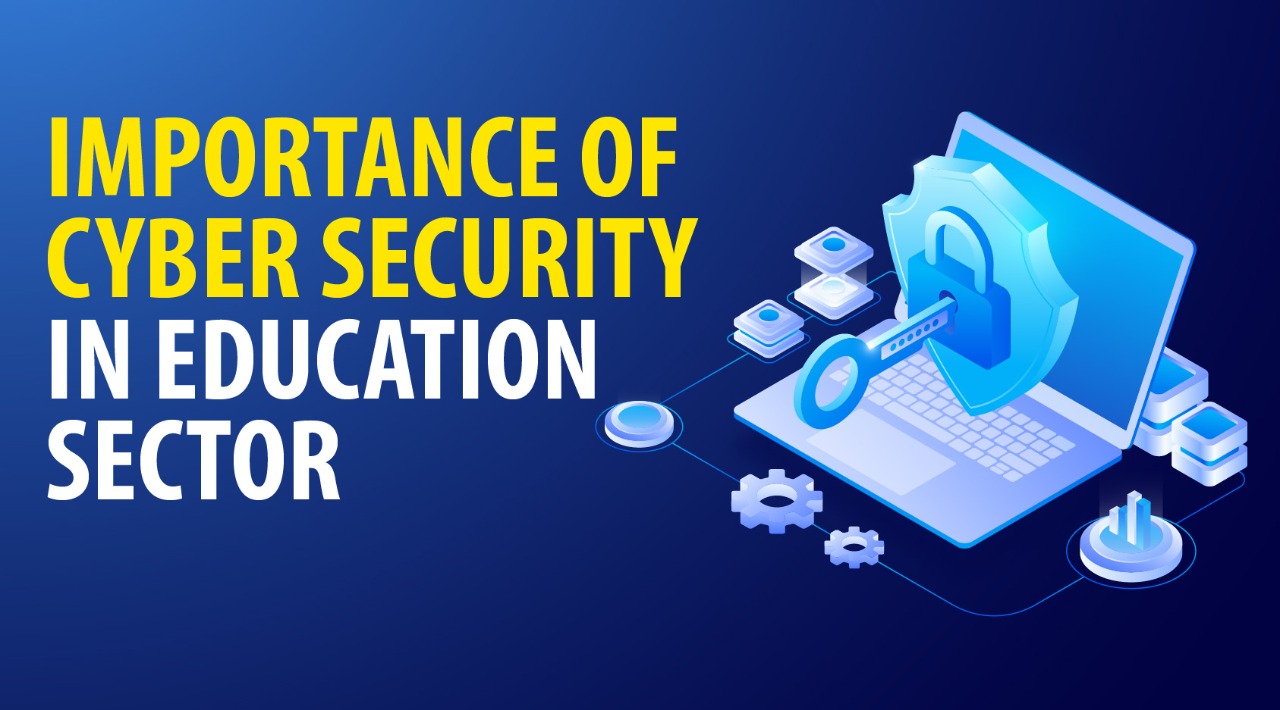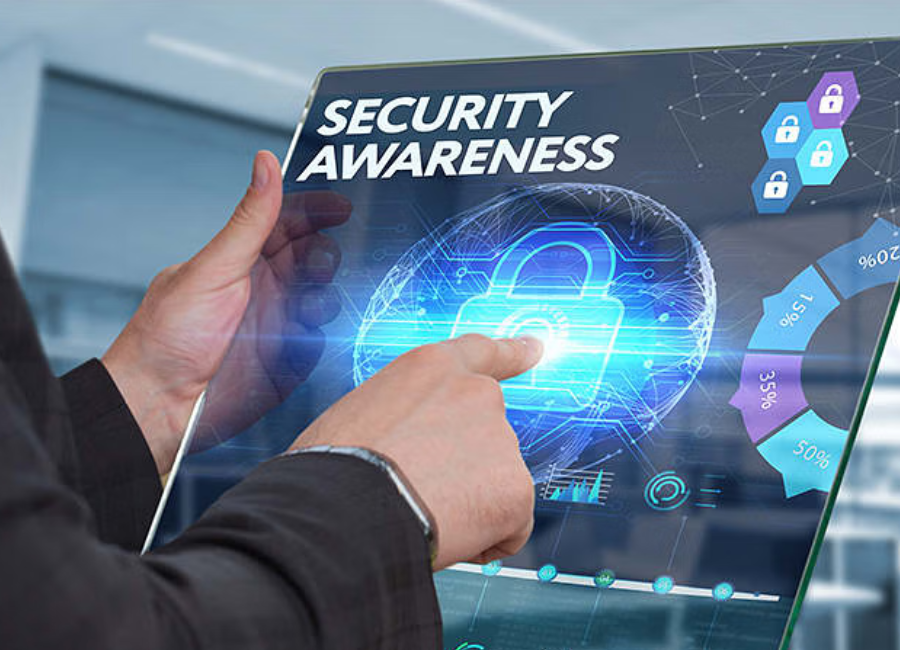Sanjay Katkar, co-founder of Quick Heal Technologies, emphasized the importance of integrating cybersecurity awareness into school and college curriculums to equip future generations with the necessary knowledge and skills for safely navigating the digital world. The increasing access to the internet in India has expanded the potential pool of cybercrime victims, especially with the accelerated shift toward online transactions, communication, and entertainment during the pandemic.
During an interview at the IIM-Nagpur hosted Zero Mile Samvad, Katkar discussed concerns about the country’s reliance on foreign cybersecurity solutions. While acknowledging the value of leveraging global expertise, he suggested that fostering indigenous cybersecurity development could provide greater control and self-reliance in safeguarding national infrastructure and data.
Katkar highlighted the link between increased digitization and vulnerability to cybercrime. As more aspects of life move online, the attack surface for criminals expands. He emphasized the importance of investing in robust cybersecurity infrastructure and protocols alongside the digitization efforts.

The co-founder also advocated for the integration of cybersecurity awareness into educational curriculums, stating that this proactive approach could significantly reduce cybercrime risks in the long run. Quick Heal Technologies is actively involved in providing cybersecurity education in schools and colleges to raise awareness among students.
Addressing concerns about the inadequacies in the Information Technology Act, IPS Ashok Kumar emphasized the need for stronger cybersecurity laws to empower security forces in dealing with the evolving landscape of digital offenses. Kumar expressed dissatisfaction with the current legal framework, stating that it is insufficient to combat cybercrime effectively.
Kumar raised a key issue related to the difficulty in recovering money debited from victims’ accounts without a proper FIR (First Information Report). He suggested that quick restitution could be facilitated through simple verification if proper legal procedures were in place. The lack of technical expertise among police officers was also noted as a notable challenge, making it difficult to investigate cybercrime cases effectively.
Highlighting the crucial role of the banking industry in addressing cybercrime, Kumar pointed out that stolen funds are often funneled into fake bank accounts. He emphasized the need for increased accountability within the banking sector to counteract cybercriminal activities.
In summary, the discussions at the Zero Mile Samvad underscored the urgency of strengthening cybersecurity laws, fostering indigenous cybersecurity solutions, and integrating cybersecurity education into the formal education system to mitigate the growing threats in the digital landscape. The collaboration between industry, government, and educational institutions was emphasized as essential for building a resilient cybersecurity framework in India.






